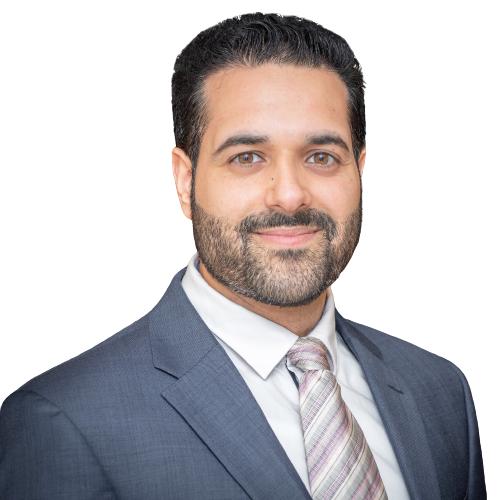
2023-10-24
Case of forged experience in Kuwait’s medical sector
In an era where the integrity of our professions is paramount, and in a country that prides itself on the pursuit of excellence, a recent incident has brought to light the severe repercussions of neglecting our primary duty. The duty of honesty.
The heart of the matter concerns an Egyptian consultant doctor with a long history of service and a genuine medical degree, working diligently in a private hospital in Kuwait.
This medical professional, over the years, ascended the ranks due to his dedication and expertise, becoming a senior figure in his field. However, recently, a shadow was cast over his esteemed reputation.
Upon deciding to branch out to another Gulf country, this doctor furnished a resume and experience certificates, including one that attested to the duration of his employment at the private hospital in Kuwait. However, when a specialized authentication company in the receiving country undertook a routine verification process, the dark truth unraveled. This senior consultant doctor had forged the ‘Certificate of Experience’ related to his tenure at the Kuwaiti hospital.
To say this revelation was shocking would be an understatement. It serves as a powerful reminder of the fragile nature of trust, and how quickly it can crumble. The duty of honesty, which forms the bedrock of any professional undertaking, was severely compromised.
From a legal lens, forgery, especially in official documents, is a criminal offense. It not only tarnishes the reputation of the individual but also compromises the authenticity of professional standards in the entire sector. Beyond the immediate legal consequences, which include potential imprisonment and deportation, the moral and ethical implications of such actions are profound.
This is not merely a case of an individual’s dishonesty but a call to arms for Kuwait’s authorities. It underscores the necessity for data verification processes for all professionals working within our borders. We, as a nation, must ensure that the honesty and authenticity of our professionals are above reproach.
In legal academia, there’s a consistent emphasis on the importance of transparent, honest dealings, which play a pivotal role in shaping the conscience of any society. This incident is a reminder, albeit a grim one of the chasm that exists between academic teachings and real-world practices.
Our nation’s employers, both in the private and public sectors, would greatly benefit from incorporating authentication and verification companies into their hiring processes. These entities ensure that the credentials provided by potential employees are genuine, safeguarding the trust placed in them by the larger community.
Kuwait has always been a beacon of progress in the Gulf, with its rich heritage and forward-thinking policies. To maintain this status, we must ensure that the very foundations of our professional sectors are robust, unyielding, and uncompromised. In closing, let this incident serve as a resounding reminder of our collective duty to uphold honesty. It is our hope that the concerned authorities will heed this call and enforce rigorous data checks, ensuring the credibility of all professionals working in Kuwait. After all, a society thrives on trust, and trust is built on honesty.
By Dr. Fawaz Khaled Alkhateeb
Attorney and Visiting Professor at Kuwait International Law School
Fawaz@tahergrp.org
Source:
